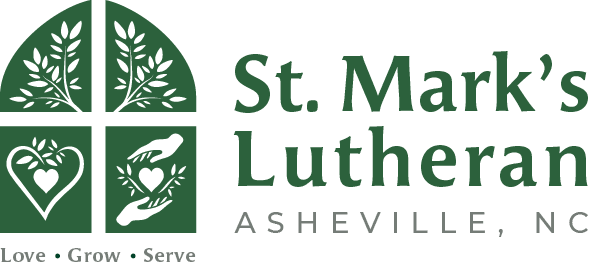If you are unable to worship in person this Sunday, please visit our Facebook page www.facebook.com/stmarksasheville for a live stream at 11:00 am. You do not need to have an account in order to watch our videos. Click here for the bulletin: Ordinary 1100 2021
Please note that we have moved back to seasonal bulletins for our worship services. The liturgy is on pages 2-10, and the readings and psalms for each Sunday are at the back, on pages 11-15. We also heartily encourage you to join us in singing the hymns! If you don’t have a hymnal at home, please click here: Hymns 6.13.21
Service music notes
Prelude: Come Thou Fount of Every Blessing, arranged by Paul Manz
Paul Manz (1919-2009) had a long and distinguished career as a composer, recitalist, educator, and worship leader, twice named one of the “10 Most Influential Lutherans.” He breathed new life into hymn singing through his hymn festivals, which combined aspects of congregational singing and organ recitals. This arrangement comes from his popular “Chorale Improvisations” series, often used as introductions and alternate stanzas at hymn festivals.
Offertory: Come Thou Fount of Every Blessing, arranged by John Turner
This hymn (#807) first appeared in “Wyeth’s Repository of Sacred Music: Part Second” of 1813. There it was given the name “Hallelujah,” and had four beats per measure, as opposed to the three beats per measure that appear in later versions, including our hymnal. Various authors have been proposed, but it is probably a folk tune. Consistently popular since its first publication, it has appeared in over 500 hymnals, and has been paired with a wide variety of texts.
Postlude: On Our Way Rejoicing, arranged by Mark Sedio
The tune of our closing hymn (#537) was written by Frances R. Havergal (1836-1879). Havergal was a precocious child nicknamed “Little Quicksilver” by her father, an Anglican priest. Aside from writing hymn tunes and texts, she composed poetry from an early age, and was fluent in Italian, French, German, Latin, Greek, and Hebrew. The author of the beloved hymn “Take My Life and Let It Be,” she was also an active philanthropist who literally gave away “my silver and my gold” to the Church Missionary House.



